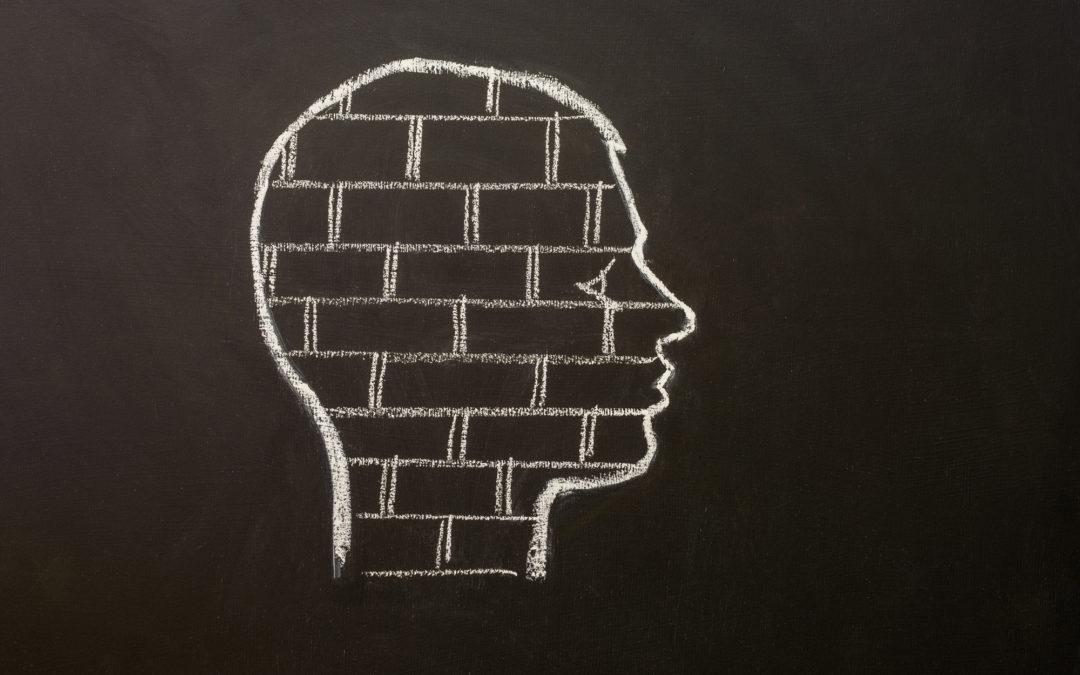Over the coming weeks, we will post a series of blogs aimed at supporting our clients, and hopefully their families too, through this global pandemic. If you would like us to post on a particular topic, relevant to leading, and thriving, through this crisis from a neuroleadership perspective, please email admin@noesislearning.com
Our brains are wired to focus on threats in our environment. And right now, there’s no bigger threat than Covid-19. This takes our brain’s rational executive functions offline, reducing our ability to make sound decisions and amplifying our emotional responses. Understanding what is going on in our brains in the face of a global pandemic helps us lead, and live, more effectively through this crisis.
The current pandemic is revealing much about our individual responses to sudden change. We see this playing out at home and at work. Some people have been slow to accept infection projections and government advice. Others have been quick to react, some with extreme panic, while still others are reflective and responding with care for their families and community. Kubler-Ross’ long-established change curve is a useful way to explain and identify where you, those you lead, and those you love, are at in responding to the crisis.
Understanding these five phases of responding to sudden change may help us better influence and take care of, those we care about. Let’s look at the first two:
Denial
While denial can be a useful defense mechanism, there is no denying the danger to our health in the midst of a pandemic. In denial we rationalize carrying on as usual, not changing our behavior, hygiene habits, working arrangement, social life etc. Our brain is like a prediction machine and prefers to run off familiar patterns of thinking and behaving to conserve energy. When our environment changes suddenly, our thinking, predictions and behavior must also change, otherwise we can make poor decisions that constrain our ability to thrive and ultimately survive. Prize winning author of ‘Deep Survival’, Laurence Gonzales, researched what is going on in the brain of those who survive emergency situations. He claims a key reason people fail to thrive in difficult times is that they deny their new reality.
Anger
Anger often surfaces as soon as denial is no longer possible and emotion kicks in. It is often an outward expression of deep frustration (Blair, 2018). Emergency social isolation requirements, school and office closures and empty grocery shelves have quickly provoked angry responses in our communities. Our brains natural inclination when feeling threatened is to reach out to others for support, interaction, validation and comfort. But this global pandemic requires us to do the exact opposite of this. Many of us are also receiving strong directives from our employers and government as to what we can and cannot do in our daily lives. This experience of loss of choice and control, further increases our brain’s threat response, compounding feelings of frustration and anger.
We can help people move through denial and anger by creating as much of a sense of psychological safety as possible. This frees up their ability to reflect rather than just react. Short term crisis is also a massive opportunity to inspire others to set and work toward meaningful goals over the coming months.
In our next blog we’ll look at practical ways to help people move through the next phases of change.


Recent Comments